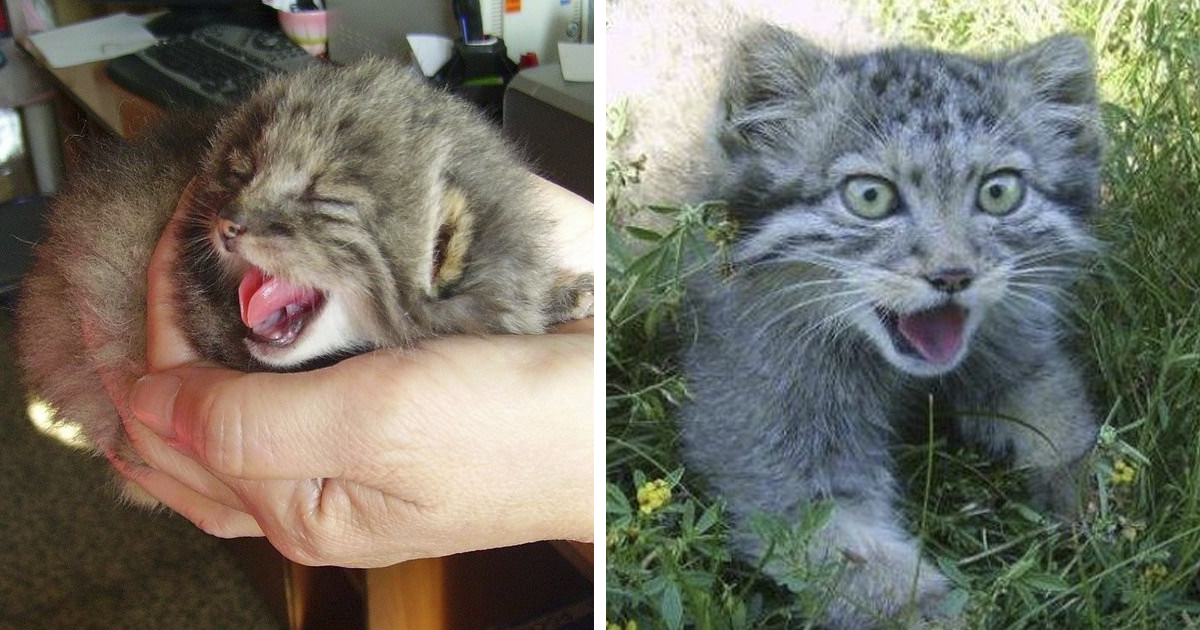
Farmer Surprised After The Kittens He Found Turned Out To Be Something Else
One Russian farmer found a litter of kittens in his barn – or at least that’s what they seemed to be until the man discovered the truth. The tiny kittens clearly needed his help to survive. Yet, they looked different than any other kittens the farmer had seen before. So, to identify what kind of care they needed, the man called the Daursky Nature Reserve, where they confirmed that these were not regular cats. They were animals known as Palla’s cats or Manuls, a rare species of wild cats that are native to Central Asia.
Back at the reserve, the staff decided to check if two regular cats at the rescue could nurse the newborn manuls. Fortunately, they started treating wild animals as their own.
Then, the point came to say farewell to these adorable cats and take them back to the wild where they belong. Since then, the rare cats adjusted to their natural environment and are just thriving.
Like this story? Then you’ll also like this Manul Cat, the most expressive cat in the world”.
More info: Daursky Nature Reserve (h/t: animals guide)
One Russian farmer found four little kittens – or at least that’s what they seemed to be…
The little fellows looked different than any other kittens the farmer had seen before
The man called the experts, who confirmed that these were not regular cats
They were Palla’s cats or Manuls, a rare species of wild cat that is native to Central Asia
Their build is stockier, they have shorter legs and thicker fur
Two regular cats at the rescue could nurse the newborn manuls
Fortunately, they started treating them as their own
Then, the time came to release them back to the wild where they belong
Since then, the wild cats adjusted to their natural environment and are just thriving
610Kviews
Share on FacebookLooking into their eyes, I don't see any "Please domesticate me" there. They definitely needed to be released.
Looking into their eyes, I don't see any "Please domesticate me" there. They definitely needed to be released.

 Dark Mode
Dark Mode 

 No fees, cancel anytime
No fees, cancel anytime 



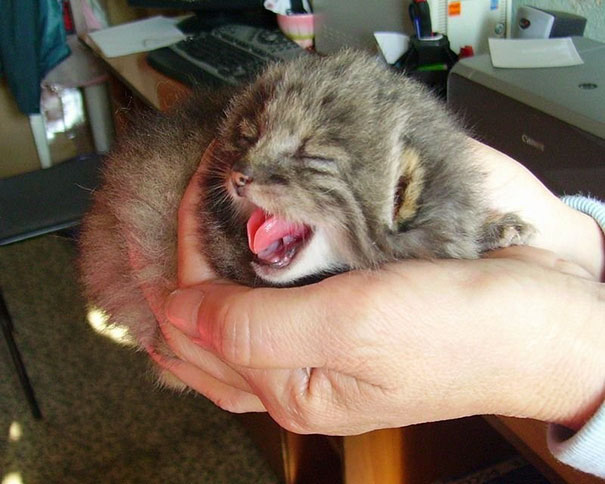
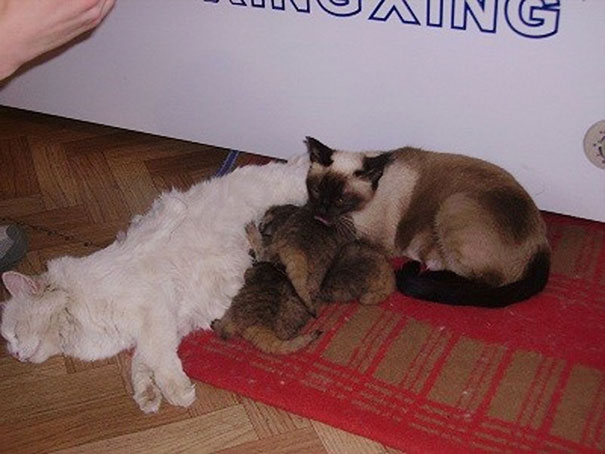

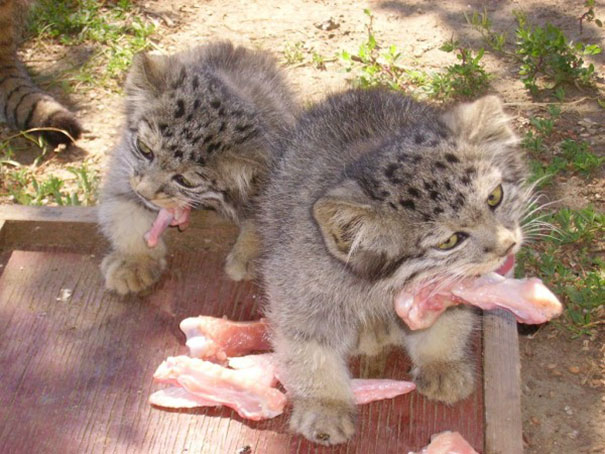
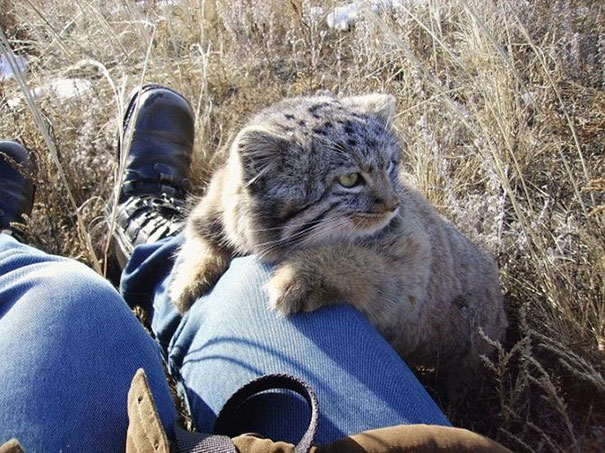
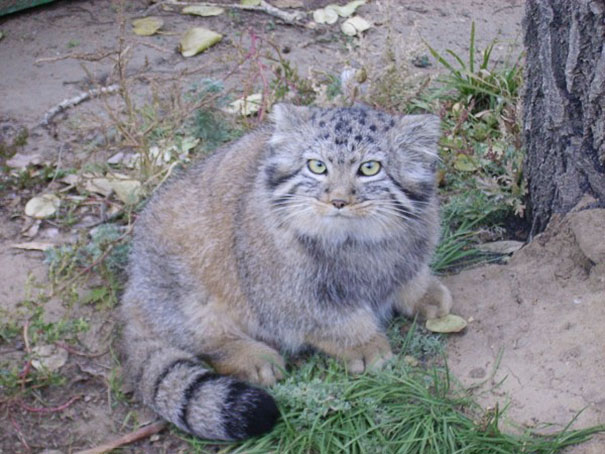
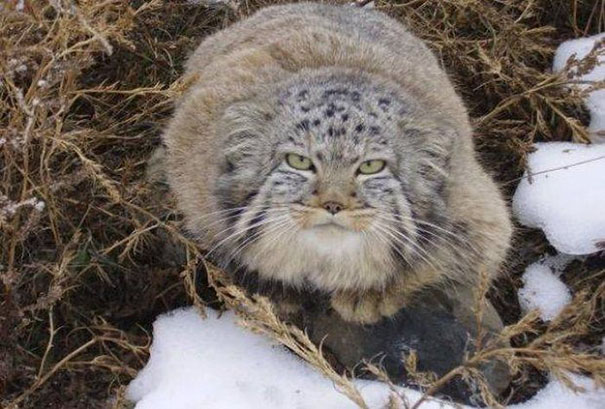
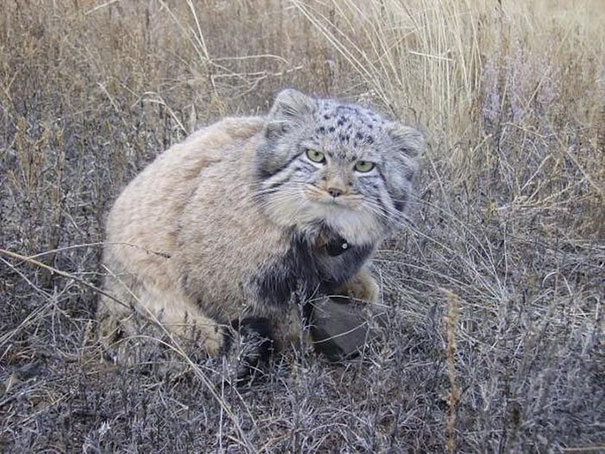
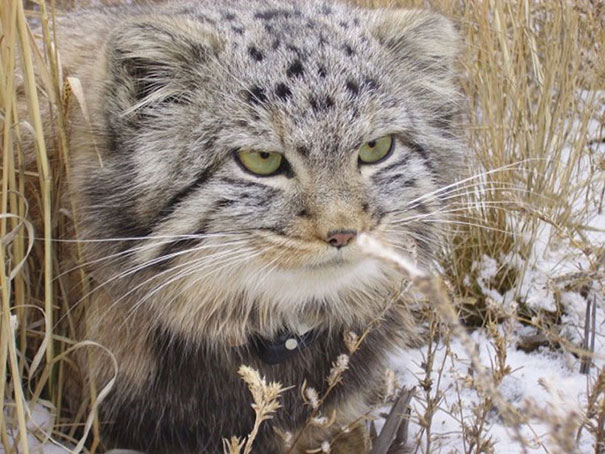



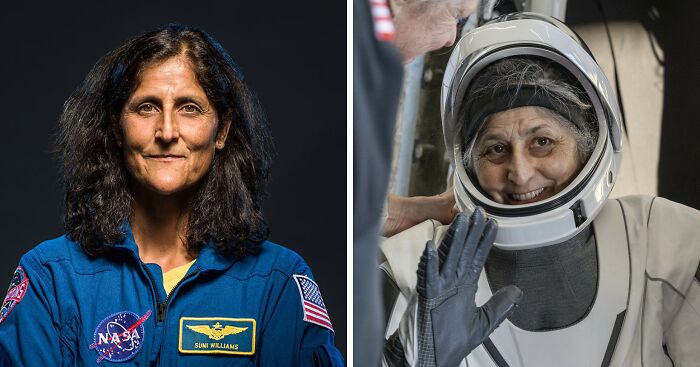
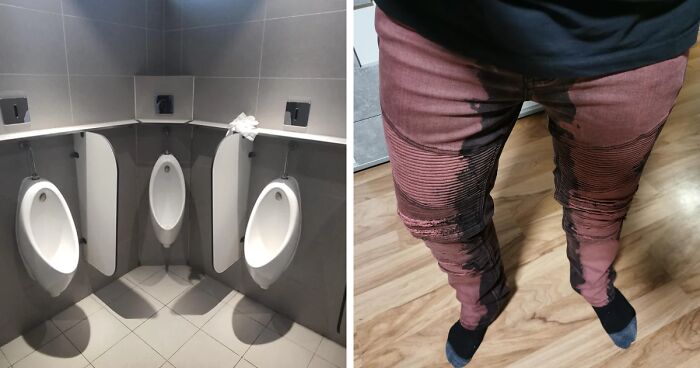





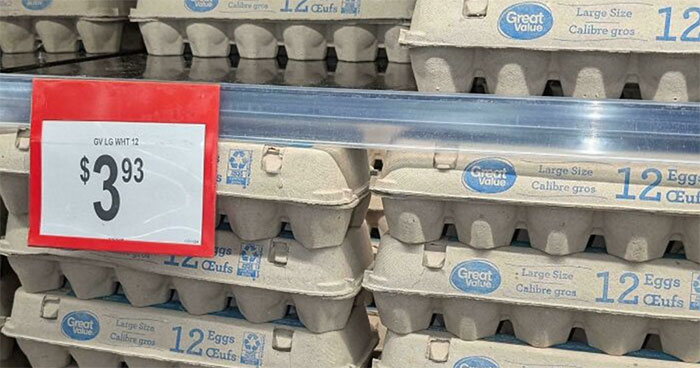


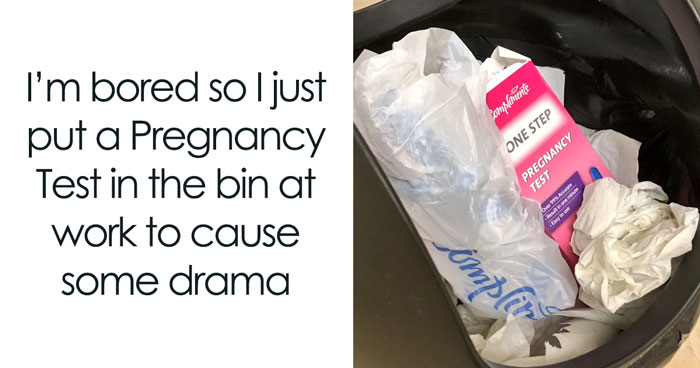

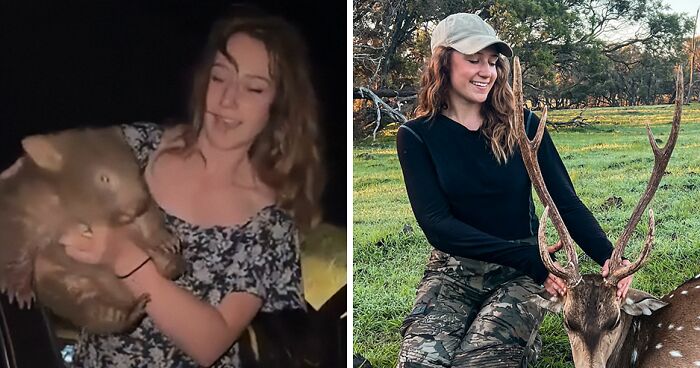


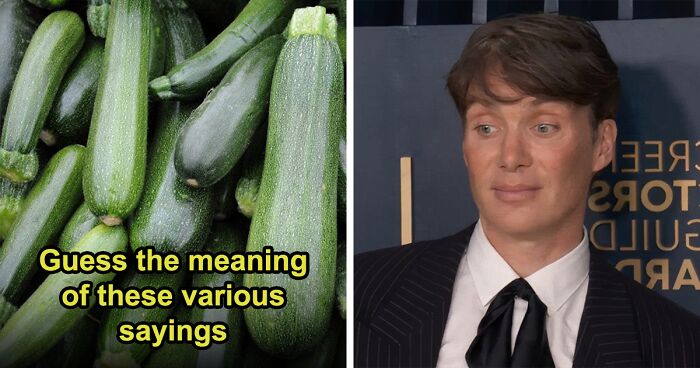
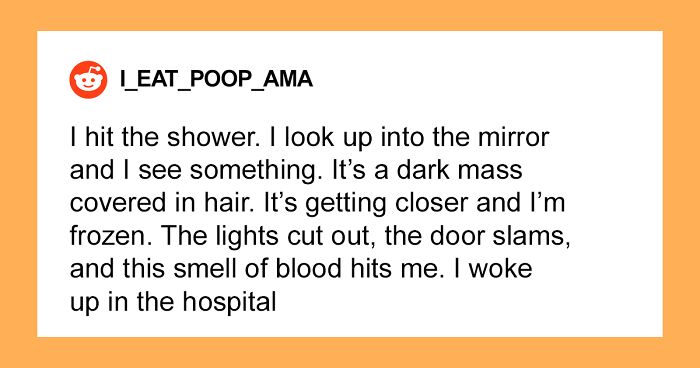




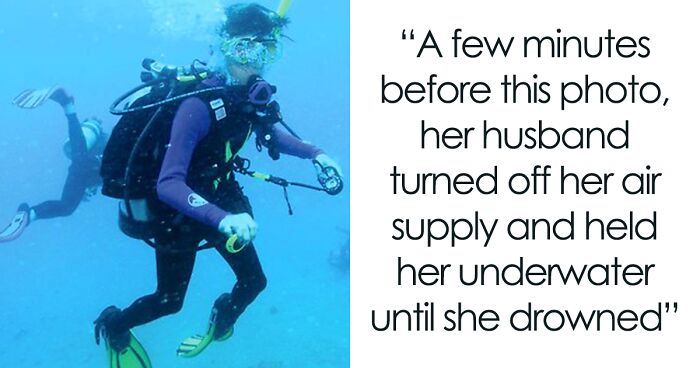





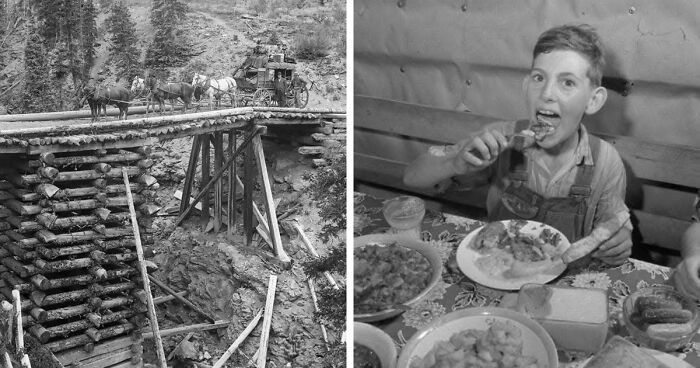


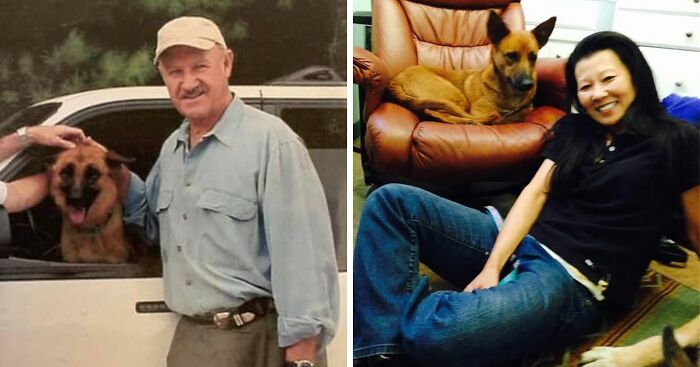









609
55